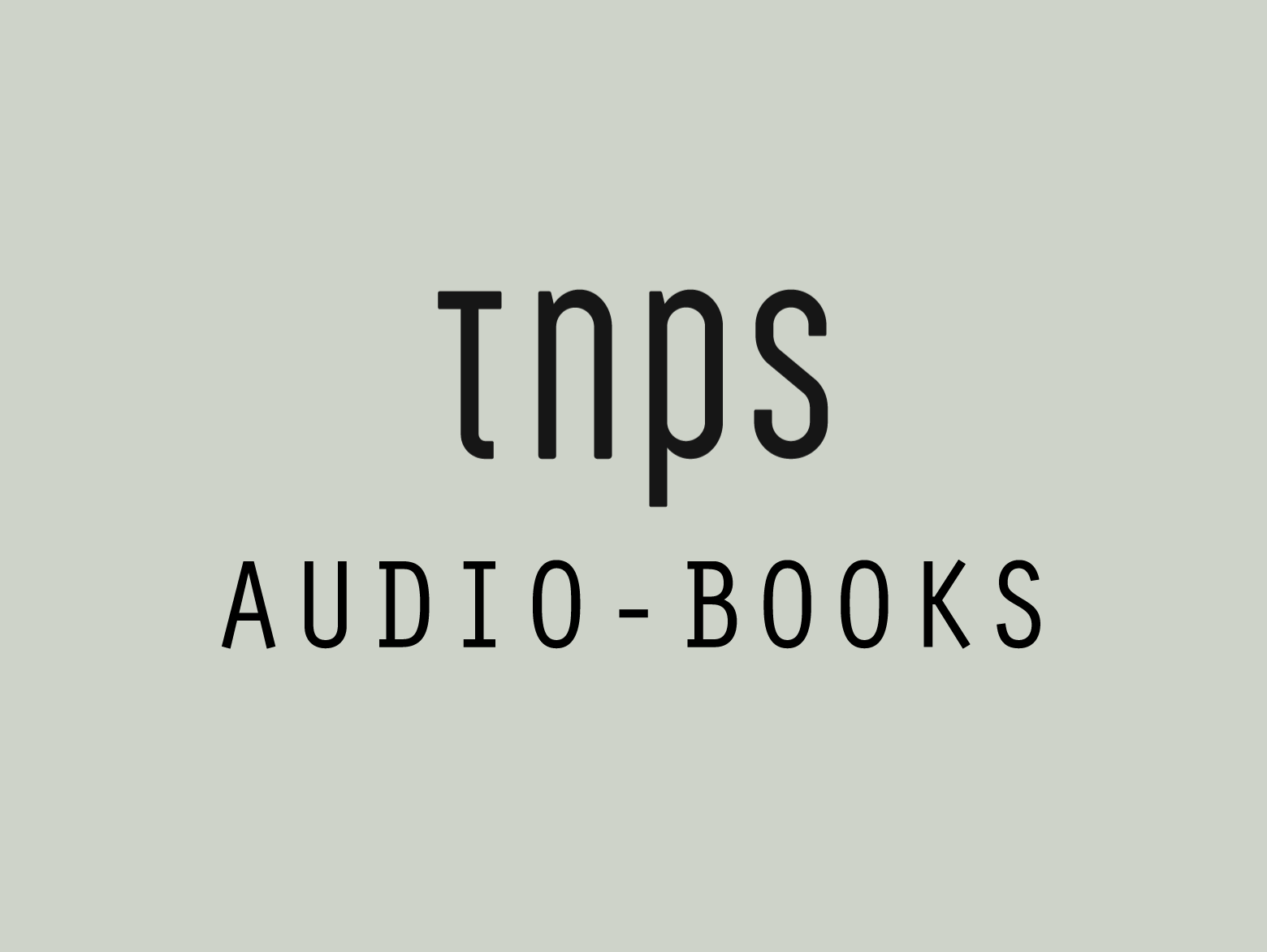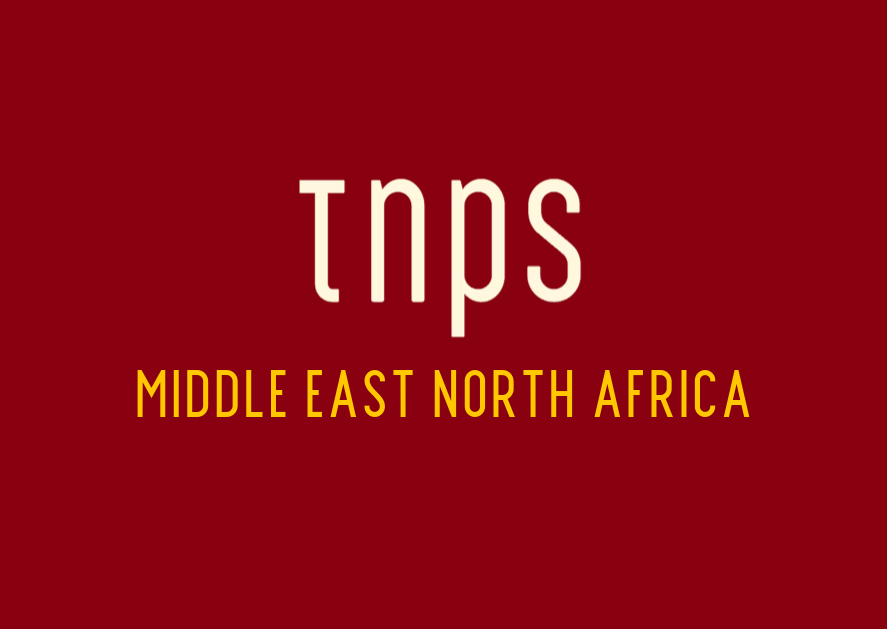The Hot Sheet is a publishing industry news-sheet for authors, produced every two weeks by Porter Anderson and Jane Friedman, and reviewed here every other Sunday as one of the best bi-weekly industry overviews available to authors.
We’re not interested in delivering breaking news, but perspective on stories that are likely to retain meaning for your long-term decision making. We provide distance and nuance on complex issues that affect all authors, whether traditionally published or self-published.

Back in November 2017 the Hot Sheet and The New Publishing Standard were pretty much as one on the topic of the new Audible unlimited romance audiobook subscription service
Says Jane Friedman and Porter Anderson in the first March edition,
When we first wrote about this service, we believed the compensation terms would discourage authors from joining. ACX pays on a per-minute basis, and earnings are based on a shared-revenue model and not fixed, similar to earnings for Kindle Unlimited. We did some quick back-of-the-napkin math in November and came up with a potential payout of .003 cents per minute. We thought that looked bad until we saw the actual rate announced for the fourth quarter of 2017: less than a thousandth of a cent per minute—if you are not splitting your royalties with a narrator. The payout is equivalent to about a nickel per hour of audio.
But that’s not all. The real dealbreaker, we thought, was the required contract term. Once an audiobook is included in the Romance Package, it stays there until the end of the author’s distribution contract with ACX—which can be up to seven years.
Here at TNPS my thoughts were along the same lines.
How much will authors actually earn?
This is where its gets messy. Even messier than the KU payout.
Basically authors will get the “applicable percentage of all Catalog Subscription Service Receipts”.
That is to say the minutes listened to percentage of the main ACX payout. That main payout being 25% for non-exclusive titles, 40% for exclusive titles with no author-narrator-producer royalty share, and 20% for royalty-share titles.
As to what the payout will mean in real money… Audible has a calculation procedure designed to ensure we are none the wiser.
The Hot Sheet brings the story close to up to date (bearing in mind the Hot Sheet was issued a few days ago).
In response to authors bailing on the Romance Package after seeing the dismal rates, Audible quickly announced an “early adopter bonus.” Their message to authors says that listening is occurring at rates that “exceeded [their] initial projections,” and so to “celebrate and thank participants in the early days,” bonuses will soon be delivered. The bonuses will be based on how much customers listened to an author’s titles.
This weekend Nate Hoffelder at The Digital Reader updates us further, with news of seemingly random and incoherent payouts designed to pacify at least some romance authors.
As this post goes live the conversation has moved to The Passive Voice, which is carrying Hoffelder’s story, and it is clear this story is going to run for a while yet before any clarity emerges.
So here just to pick up on one or two points.
Comparisons are being made to the problems Oyster and Scribd had with romance genre subscription ebooks. The usual talk of romance readers as voracious readers has emerged, with the suggestion Amazon should have seen this problem coming.
But I’m convinced neither by the voracious reader or the voracious listener argument.
First, let’s take the voracious reader.
If Reader A reads four 150-page romance novellas per week and Reader B reads one book in the same week but it’s the 850 page Game of Thrones, who is the more voracious reader?
That’s not to say romance readers are not more voracious than readers in other genres, just that blanket assertions without evidence beyond token title count, do not give us a necessarily true picture.
The voracious listener, however, is a more intriguing concept still, because there are three angles here.
First, while reading speeds may vary immensely between readers, all but the very few listeners will be consuming at the same words per minute rate. A six-hour long audio recording will, for most consumers, require six hours to consume. Amazon will have factored this in to its payout calculations.
The second angle here is that, unlike with the Kindle Unlimited ebook subscription service with which comparisons are being made, the Audible romance package is not a free for all.
Indie authors are free to submit any genre-relevant titles, but there is no guarantee of inclusion. Every title is vetted and it’s a safe bet Amazon took into account the length of every title allowed into the subscription package.
Third, and perhaps where Amazon’s plan backfired, there is, speculatively, the Audible equivalent of the KU problem where readers are enticed to jump forward to the end of a book, triggering a full payout.
Of course the strict vetting on Audible prevents any such scamming with the audiobooks by the author or narrator / producer, but might Amazon have inadvertently created its own built-in pseudo-scam equivalent?
Here’s the thing. Whether you are reading a book, listening to a book, or watching the film of the book, it is a linear experience. You start at the beginning and move step by step to the end, unless, as with the KU scams, you are incentivised to skip forward.
Then along comes Amazon’s new subscription service and it incentivises the listener to do just that.
As reported here at TNPS when the romance subscription package first appeared (before indie authors were invited),
Audible says it is
“debuting “Take Me to the Good Part,” a pioneering feature that uses data science and machine learning to allow listeners to go straight to the most sought out and memorable sections of a romance audiobook.
“Hear everything from whispers to heavy breathing” – unlimited romance from Audible
Again, to stress this is speculation, but if Amazon is paying authors by the number of minutes consumed, as with KU paying by the number of pages consumed, what chance Amazon has worked out how to determine minutes consumed in real time, as opposed to simply looking at the clock where the listener last reached. Even if the consumer got there simply by using
“Take Me to the Good Part”, (the) pioneering feature that uses data science and machine learning to allow listeners to go straight to the most sought out and memorable sections of a romance audiobook.
Amazon’s Audible obviously had a pre-calculated expectation of how much it would pay out on the audiobook subscription service, and it’s hard to imagine Amazon would deliberately have set the eventual payout so low as to incur such bad publicity. Might the original calculations have been warped by the inadvertent impact of Take Me To the Good Part, intended as it originally was to be used on trad-pubbed audiobooks with a fixed rate payout?
Friedman and Anderson have a lot more to say about the downsides of the Audible subscription package, which I’ll have to skip here, and I’ll conclude with the Hot Sheet’s bottom line:
There doesn’t seem to be any business or financial sense in enrolling one’s titles in the current Audible romance subscription program, and we advise steering clear unless the terms change. Bonuses are not the way to make this a more attractive or consistent value for authors over the long term.
Also in the Hot Sheet this week, Friedman and Anderson take another look at the woes of Barnes & Noble.
That’s all simply too depressing to even think about revisiting here, so I’ll just remind TNPS readers of my thoughts as expressed in the last Hot Sheet review, where the inevitable demise of Barnes & Noble was discussed:
Yet one elegant solution that seems not to be being discussed anywhere, but that perhaps is under serious consideration behind closed doors, is a publisher buy-out.
Were the Big 5 to get together and jointly buy the company, handing day to day control to a trusted agency to avoid conflicts of interest when selling different publishers titles, this could effectively save the industry.
Not just by keeping Barnes & Noble stores open (no doubt under a new brand) but by removing the percentage now paid to B&N to sell books. That would instantly make in-store print titles more profitable, at least for those publishers who shared in the buy-out.
It would also give publishers a direct to consumer relationship on a hitherto unimagined scale, that would help them counteract the hegemony of Amazon in the market place.
A crazy idea? Perhaps. But desperate times require desperate measures, and sometimes it is when one’s back is to the wall that one’s finest hour emerges.
I’m fighting the West African internet and electricity demons more than usual this week, and in an attempt to keep this Hot Sheet review to its Sunday schedule I’m going to quickly reference a few of the other topics Friedman and Anderson covered, and then get this post live before we arte plunged into darkness yet again.
What Defines a Hybrid Publisher? IBPA Releases Its Criteria
Friedman and Anderson take a look at the emerging hybrid publishing scene.
This term, like the use of “indie” to denote self-publishers or independent bookstores that mostly don’t handle self-published books, is open to misinterpretation in publishing discussions.
I often use the term hybrid author to define my position as a writer happy to take the best of both the traditional publishing and self-publishing worlds, but here the term is hybrid publisher and has an entirely different meaning.
The Trends Get Hotter: Amazon Publishing May Topple More Competition
Yes, I squired at the pun too, but for the benefit of tose who missed the original story, Amazon has yet another new imprint, called Topple, and the Hot Sheet, bringing up the possibility of a bleak future where books become ‘niche products’ or simply IP source material” for video studios, is worth much closer examination than I can offer here today.
A topic to return to, and for those wondering, I have much more optimistic perspective to offer. Video didn’t kill the radio star and it won’t kill the book star.
I do, however, concur with the Hot Sheet duo that we should not underestimate Amazon and Topple.
Also in the Hot Sheet, a look at Canada’s copyright debate, but no room or time here to discuss that.
News and Trends follows that, and as ever there’s always a couple of stories I would otherwise have missed.
Plus some great little extras tagged on that make the Hot Sheet compulsive reading every two weeks.
NB: The New Publishing Standard does not carry affiliate links and we receive no compensation from any mention of any service, paid or otherwise.





A very interesting article posing an intriguing idea with regards to Barnes & Noble. Thank you for giving me a glimmer of hope in that direction!
Hi Mark and thanks for this article. Are there any news about the Audible per-minute royalty payments?